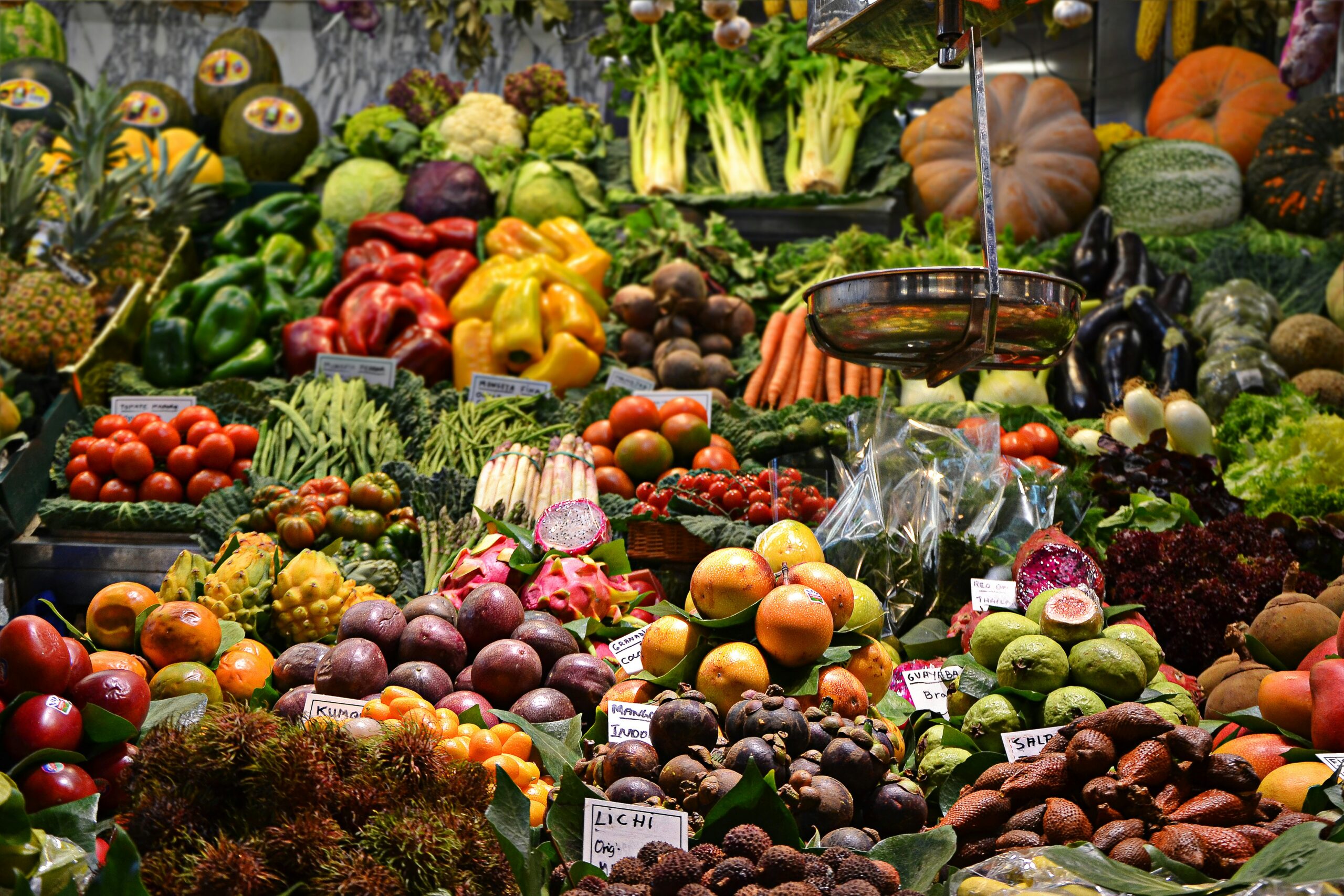Written by Frances Smith, patient access specialist
In today’s fast-paced world, our bodies often bear the brunt of stress, poor food choices, and environmental toxins, leading to inflammation and digestive issues. Fortunately, we have the power to heal from the inside out by embracing an anti-inflammatory diet. Although many lifestyle hacks can be used to combat inflammation, in this blog, we’ll explore foods that can help reduce inflammation and promote better digestion, allowing you to reclaim your health goals or course correct if you’ve fallen off track.
Understanding Inflammation and Digestion
Before we dive into the specifics of an anti-inflammatory diet, let’s first understand the connection between inflammation and digestion. Inflammation is your body’s natural response to injury or illness, but chronic inflammation can wreak havoc on your digestive system, leading to conditions like irritable bowel syndrome (IBS), inflammatory bowel disease (IBD), and leaky gut syndrome. By addressing inflammation through diet, we can support our digestive health and overall well-being.
Key Principles of the Anti-Inflammatory Diet:
The anti-inflammatory diet focuses on consuming whole, nutrient-dense foods while minimizing processed foods, sugar, and refined carbohydrates. Here are the key principles to keep in mind:
Load Up on Fruits and Vegetables
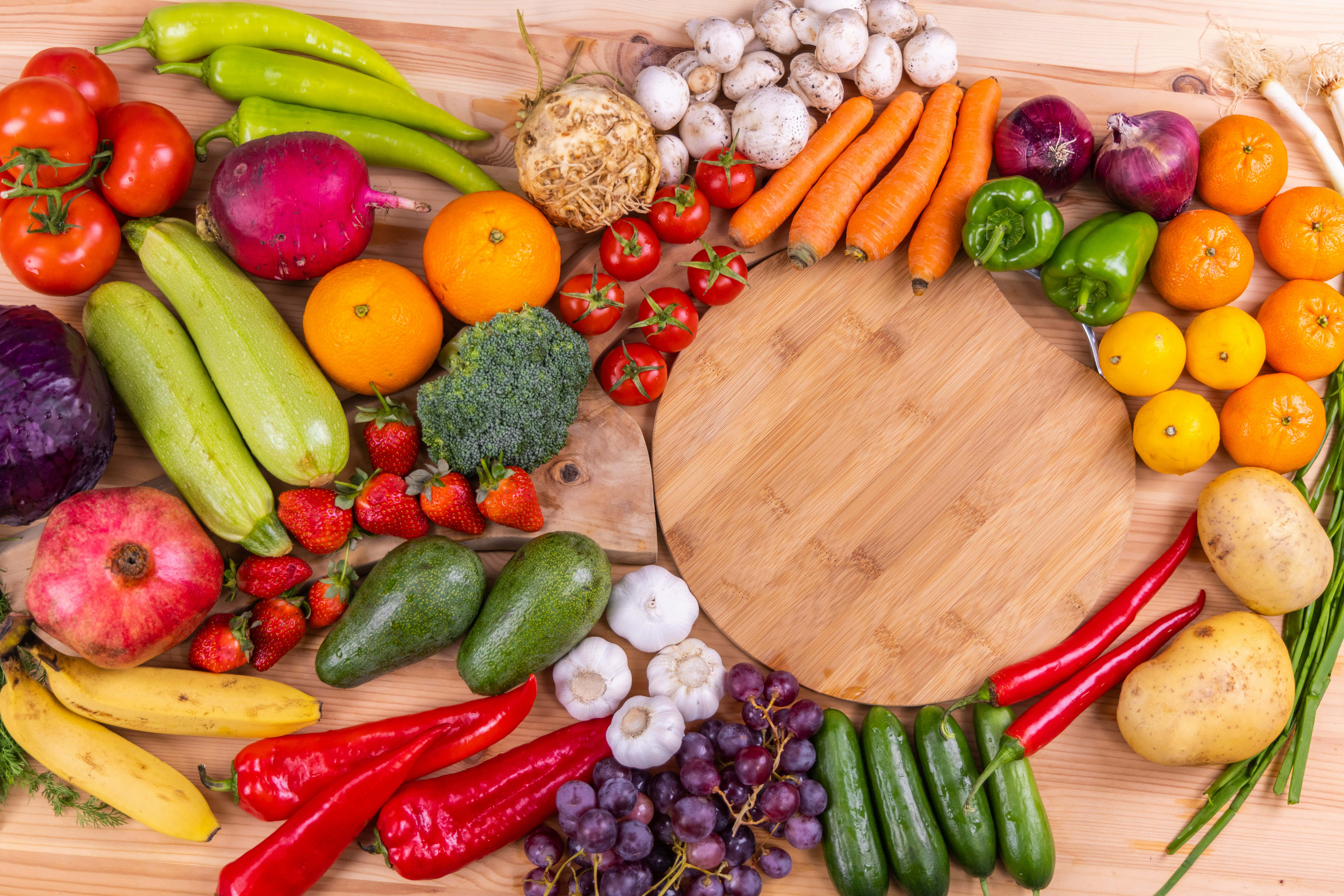
Colorful fruits and vegetables are rich in antioxidants and phytonutrients, which help combat inflammation. Aim to fill half of your plate with a variety of produce at each meal.
Choose Healthy Fats
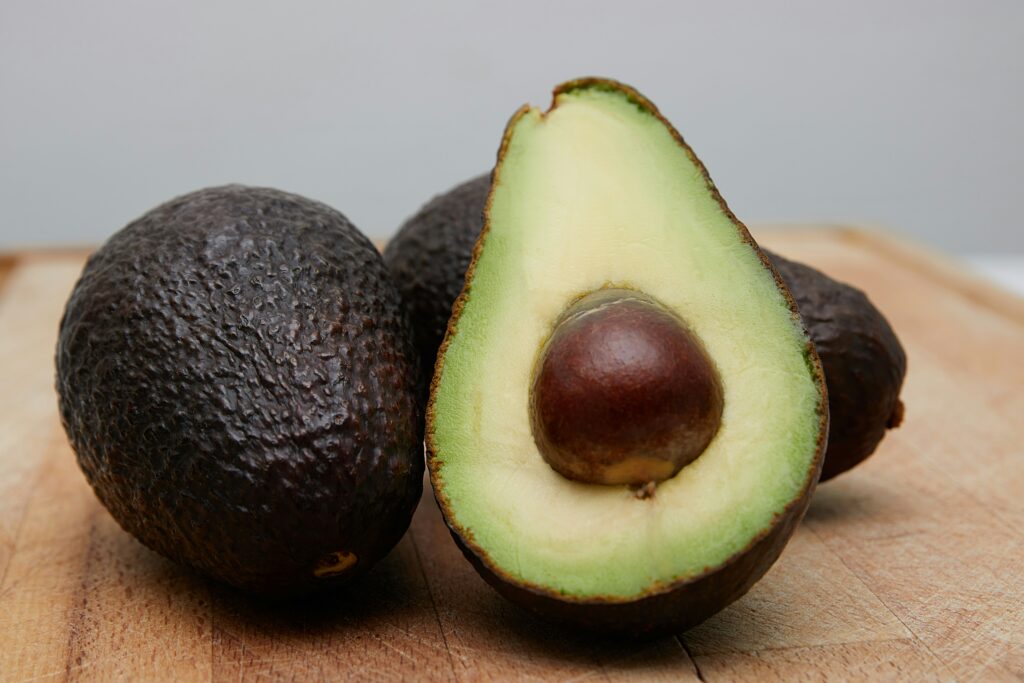
Opt for sources of healthy fats such as avocados, nuts, seeds, and fatty fish like salmon. These fats contain omega-3 fatty acids, which have potent anti-inflammatory properties.
Embrace Whole Grains

Swap refined grains for whole grains like quinoa, brown rice, and oats, which are higher in fiber and nutrients. Fiber helps regulate digestion and reduces inflammation in the gut.
Include Lean Proteins
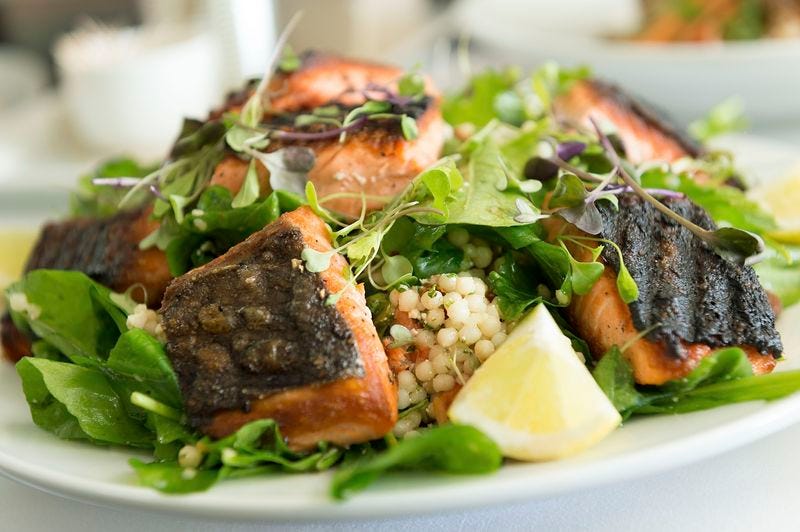
Swap refined grains for whole grains like quinoa, brown rice, and oats, which are higher in fiber and nutrients. Fiber helps regulate digestion and reduces inflammation in the gut.
Spice It Up
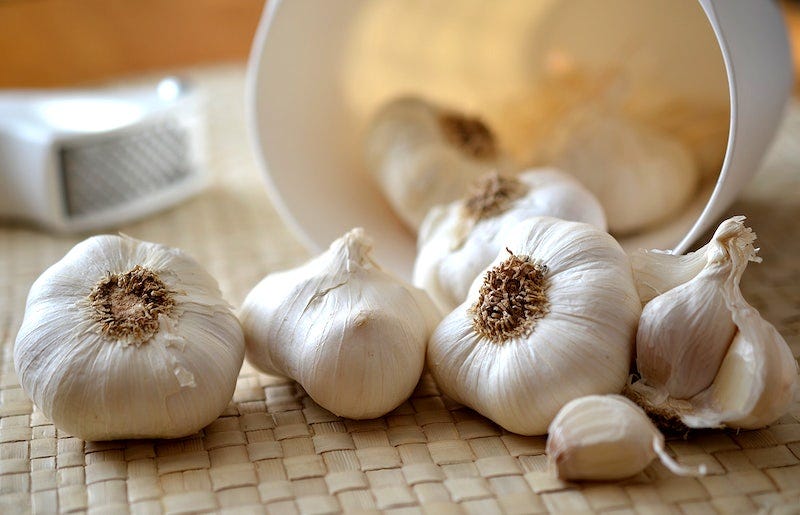
Herbs and spices like turmeric, ginger, garlic, and cinnamon have anti-inflammatory effects. Experiment with adding these flavorful ingredients to your cooking to boost both taste and health benefits.
Foods to Consider to Include in Your Anti-Inflammatory Diet:
Now, let’s take a closer look at some specific foods that can help reduce inflammation and improve digestion:
Berries
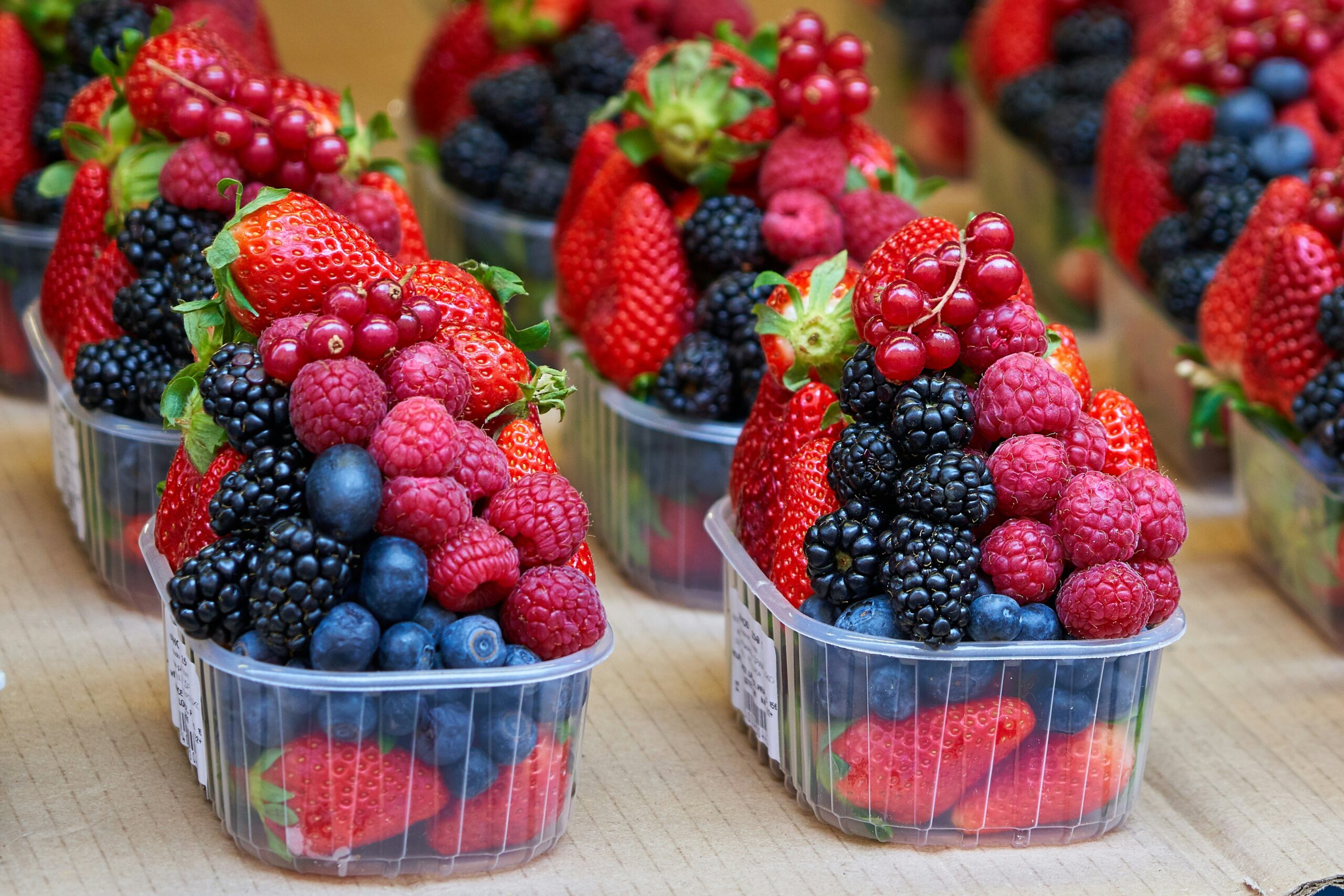
Blueberries, strawberries, and raspberries are packed with antioxidants and fiber, making them excellent choices for fighting inflammation.
Leafy Greens
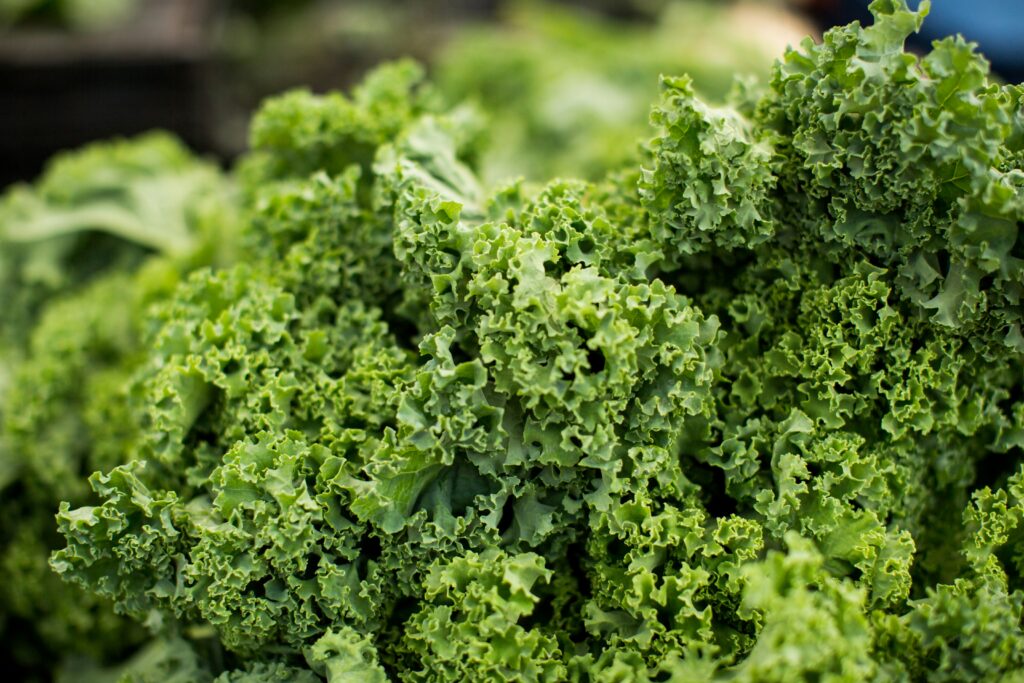
Spinach, kale, and Swiss chard are rich in vitamins, minerals, and phytonutrients that support digestive health and reduce inflammation.
Fatty Fish

Salmon, mackerel, and sardines are high in omega-3 fatty acids, which have been shown to reduce inflammation and protect against digestive disorders.
Nuts and Seeds
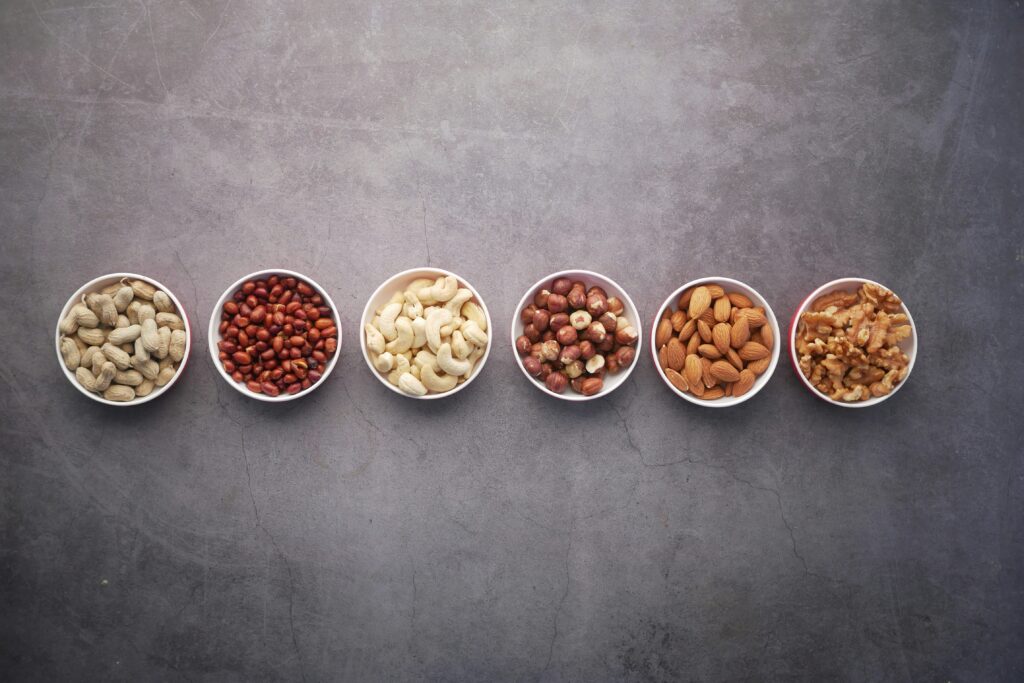
Almonds, walnuts, flaxseeds, and chia seeds are all great sources of healthy fats and fiber, promoting gut health and reducing inflammation.
Fermented Foods
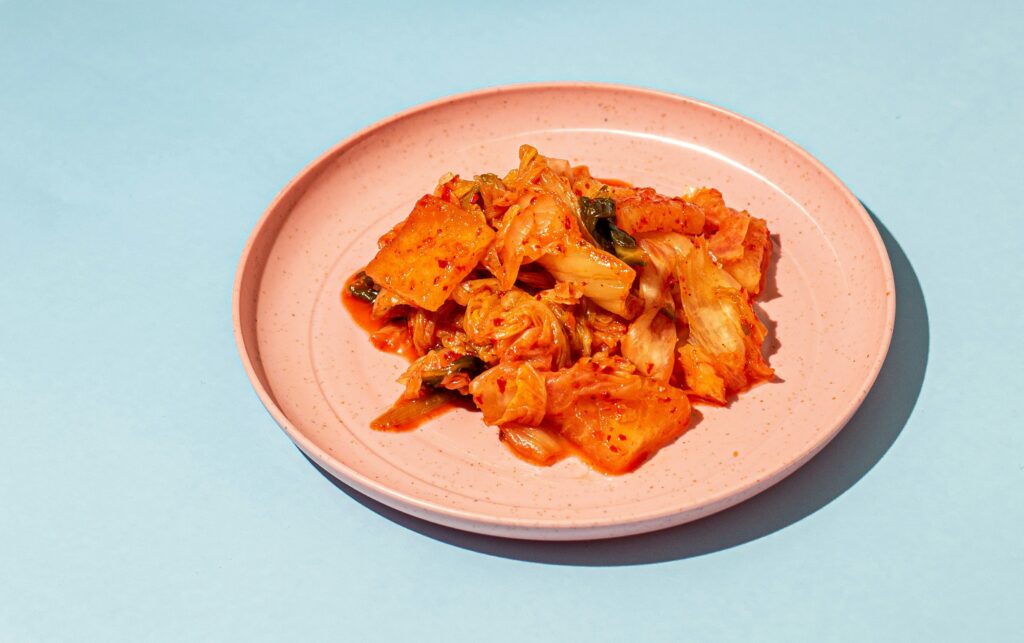
Yogurt, kefir, sauerkraut, and kimchi contain probiotics, beneficial bacteria that support a healthy gut microbiome and reduce inflammation.
Turmeric
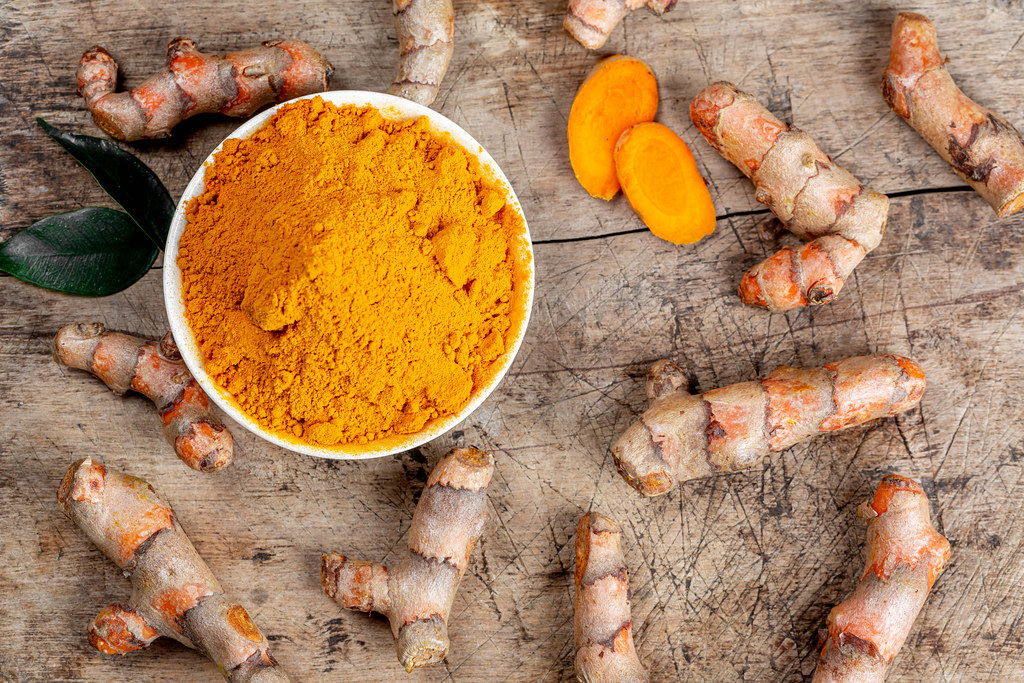
This golden spice contains curcumin, a compound with powerful anti-inflammatory properties. Incorporate turmeric into your cooking or try adding it to smoothies or teas. These are just to name a few.
If you interested in learning more about Infusion Associates or the IV treatments we offer, you can contact us by calling us at (833) 394-0600 or filling out our online form.

